
“Where language becomes a lantern, and each word helps you find your way home to yourself.”

How to Channel Anger into Writing (Without Burning Everything Down)
Here are a few ideas we can use to help us tap into the anger and use it to convey a clear message, to take that fire simmering in our gut and apply it to our writing in a way that doesn’t read like an aimless, out-of-control rant. Whether you hope to change hearts and minds or simply express your deepest emotions and beliefs during these trying times, you’ll find something useful in this post.

Writing as Resistance: How Fiction Fights Back
Fiction might not stop a war, but it can start a revolution.
In a world where political noise drowns out We the People’s voices, where disinformation is weaponized and cruelty is often disguised as “traditional values,” fiction is still one of the most influential types of communication we have. Not because it tells us what to think, but because it makes us feel—and when people feel, they begin to question, to imagine, and sometimes, to fight back.
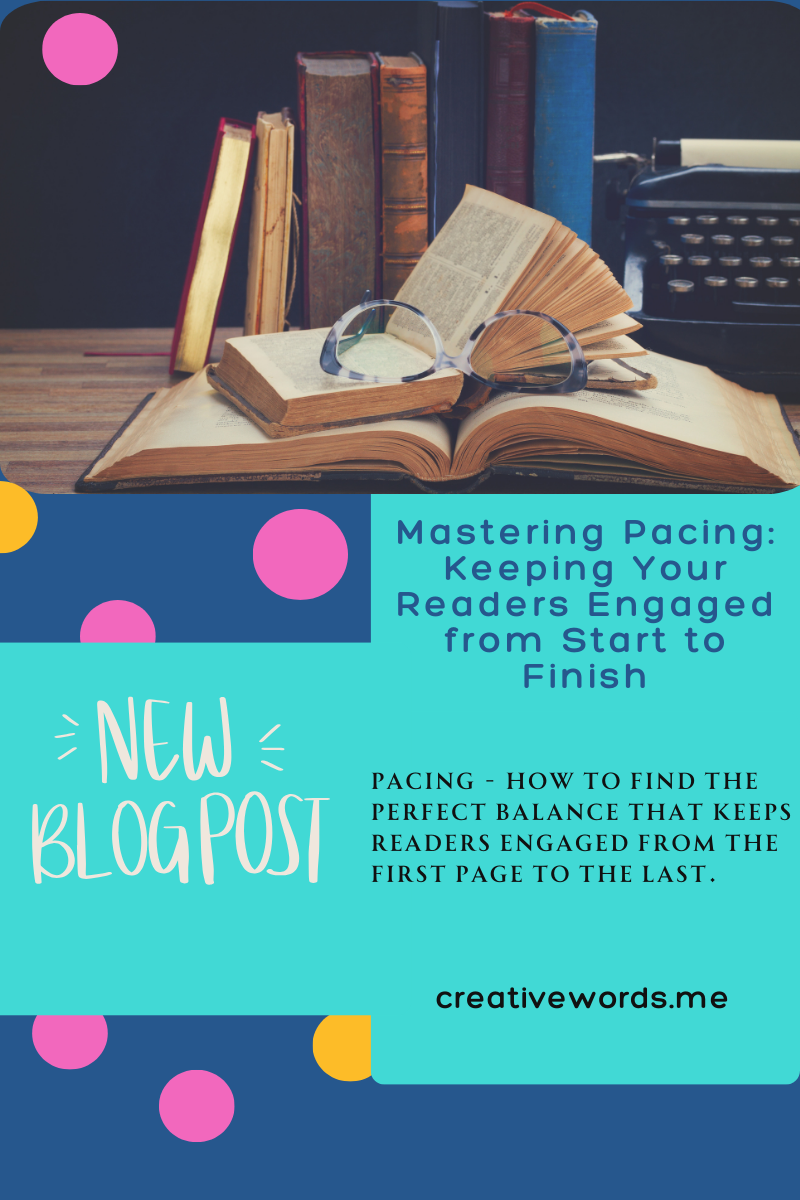
Mastering Pacing: Keeping Your Readers Glued to the Page from Start to Finish
Introduction:
We’ve all read books that felt impossible to put down. Each scene pulled you deeper into the story. and for a while, the real world ceased to exist. That’s the magic created by an author who has mastered story pacing. Authors use pacing to control the rhythm of their narrative. By balancing the quick moments with the slow ones, they’re able to maintain tension and keep readers hooked. If your story moves too slowly, readers may lose interest. On the other hand, if it moves too fast, they might struggle to keep up or have a hard time connecting with your characters. To master pacing, you must find the perfect balance—one that keeps readers hooked from the first page to the last.
Unlocking the Secrets of Iconic Characters: A Guide for Mystery Novel Authors
Creating memorable characters is a little bit like creating a new life. Iconic detectives like Sherlock Holmes, Hercule Poirot, and Miss Marple have captivated readers for decades, and not just because they crack tough cases. Readers love them because they feel authentic and relatable. These characters have distinct quirks, strong motivations, and detailed, interesting backstories that make them unforgettable. By learning from these literary legends, we can craft characters who stand out and keep readers glued to the page from start to finish.
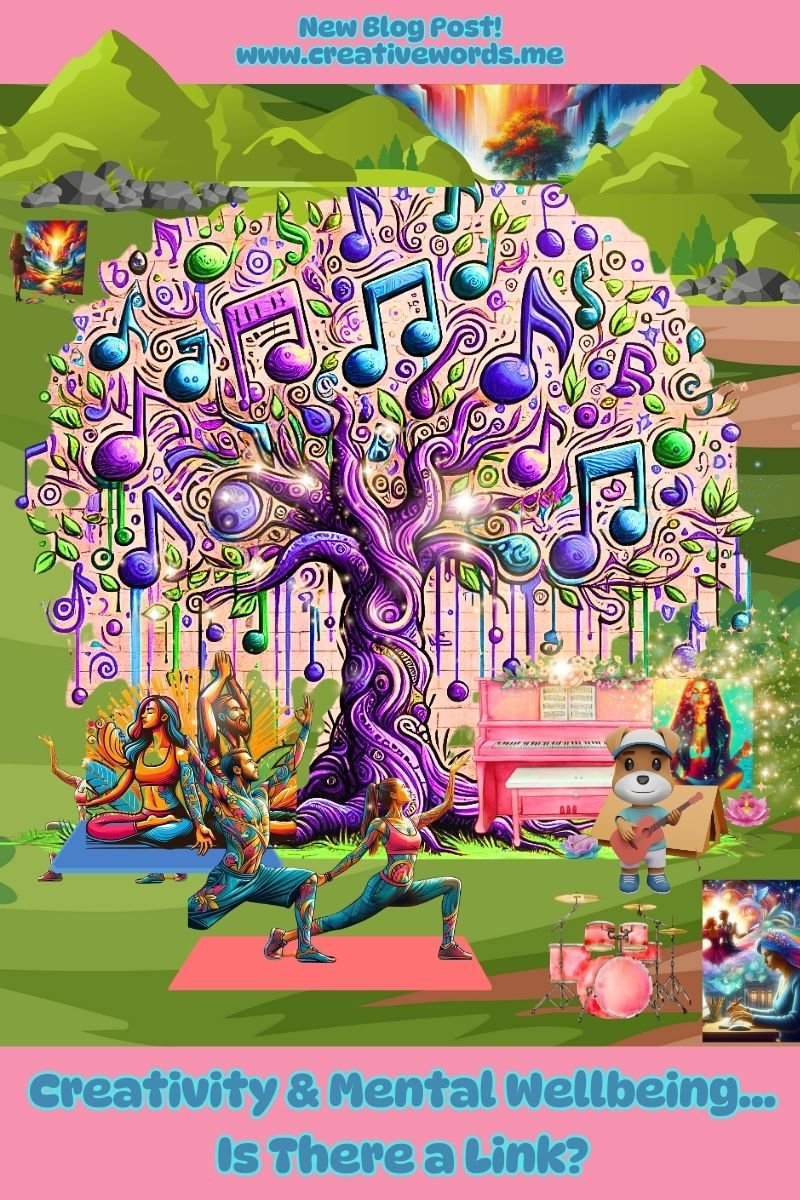
The Writer’s Journey: Creativity as a Path to Mental Wellness?
Introduction
Creativity and mental health share a complex relationship. Since this is a writing-focused blog, I’ll be talking about authors, but all creative people are vulnerable to mental health challenges such as bipolar disorder, anxiety, and depression. Many famous writers, such as Virginia Woolf, F. Scott Fitzgerald, and Ernest Hemingway, battled mental health issues. More recently, authors Stephen King, Mary Hornbacher, and Ann Rice have talked about their battles with mental health problems, and several authors have written books about their experiences.
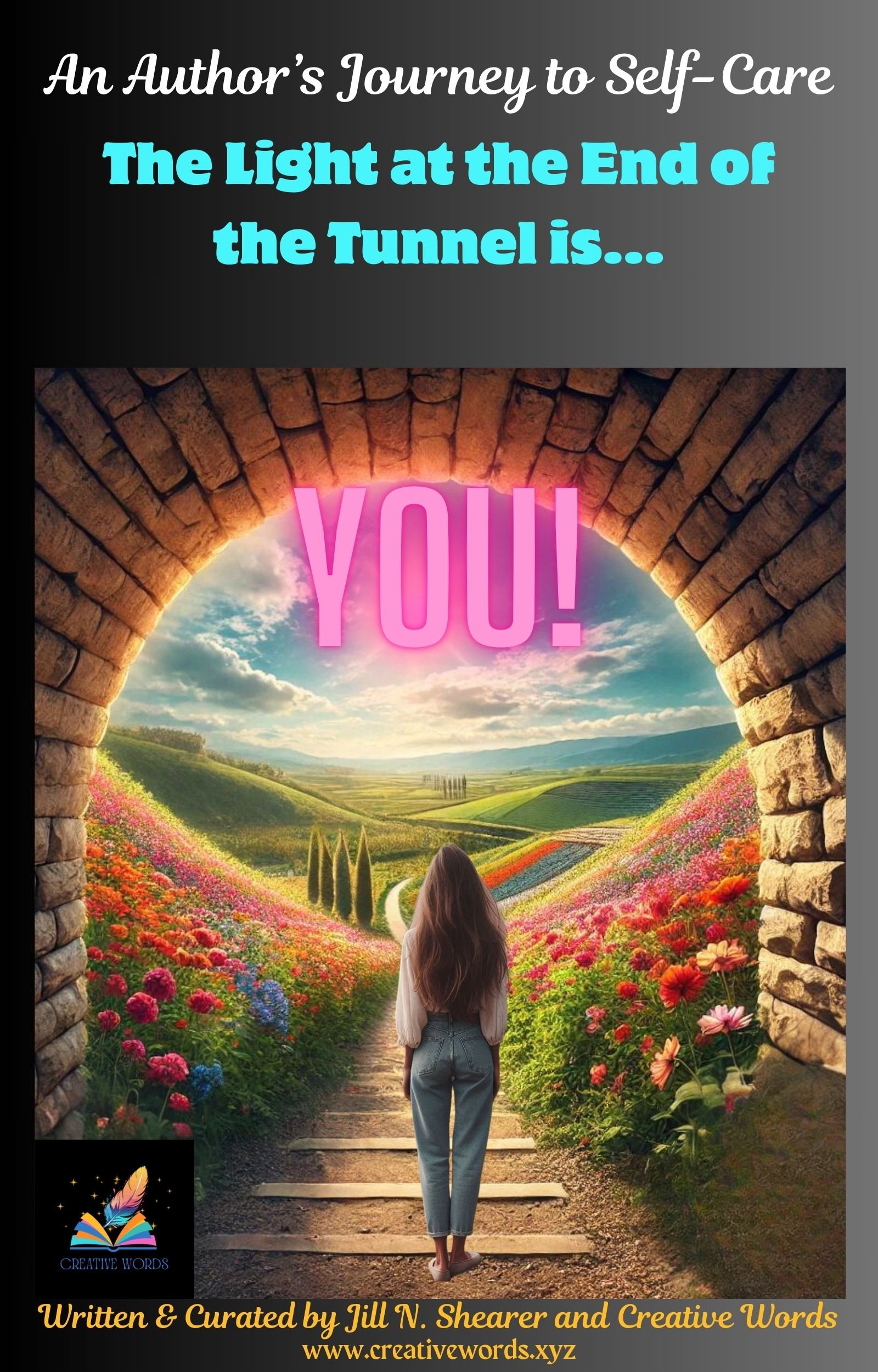
New: A Self-Help Journal Designed for Authors & Creative Writers
Designed specifically for authors and creative writers, this interactive digital journal features over 220 pages of research and a 30-day wellness plan.
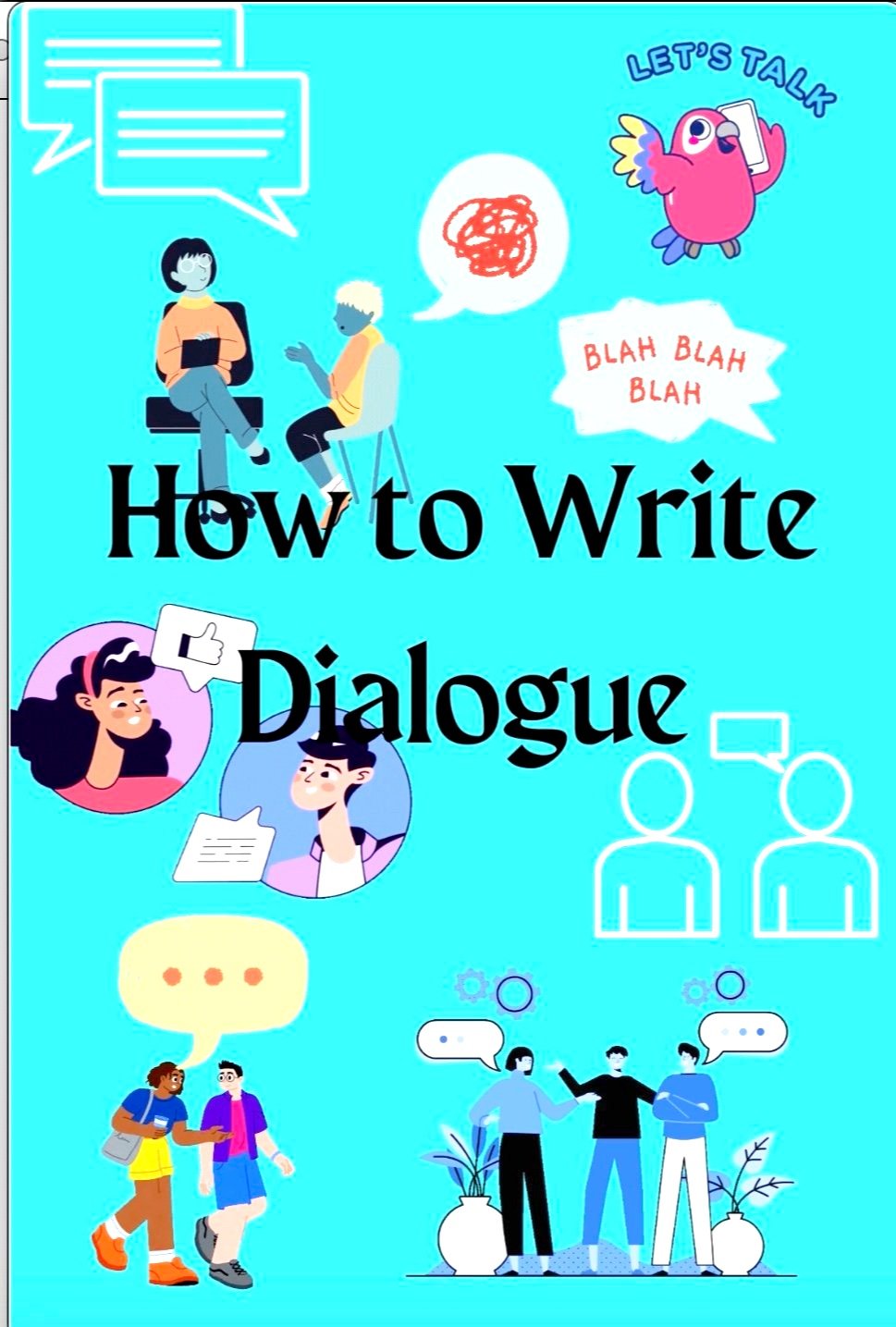
How to Write Dialogue— Creating Realistic Conversations
Think about all the people you know and what it is about their personalities that stand out to you. I’ll bet in at least some cases, your answer is based on how they speak. For example, the guy at the office who uses a certain phrase all the time, or the lady who lives down the block who always seems to be chomping on a stick of chewing gum and cracking it in between sentences. Or maybe you know someone sarcastic—always saying one thing but meaning another, in a mean or nice way. Or you have an uncle who is always cracking jokes, or an aunt who talks veeeeerrrrryyyy slooooowly. These types of characteristics make a person unique and memorable. The same applies to characters in a book.
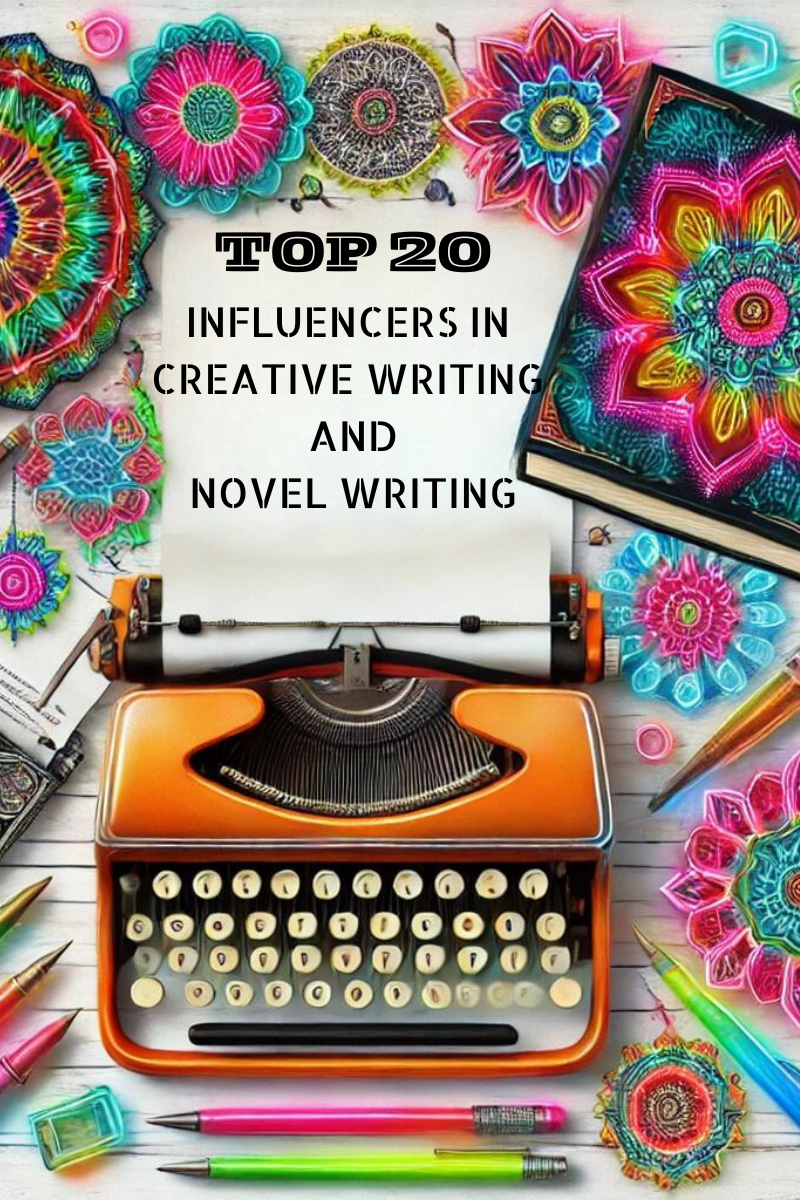
Top 20 Creative Writing/Novel Writing Influencers
In the ever-evolving landscape of writing and publishing, finding the right guidance and inspiration can make all the difference for aspiring and experienced authors alike. Whether you're looking to refine your craft, navigate the complexities of the publishing world, or find innovative marketing strategies, the right influencer can provide invaluable insights. We've curated a list of the top 20 influencers in the creative writing and novel writing industry, each offering unique resources, advice, and support to help you on your writing journey. From well-known experts to emerging voices, these influencers provide a wealth of knowledge to elevate your writing and publishing efforts.

